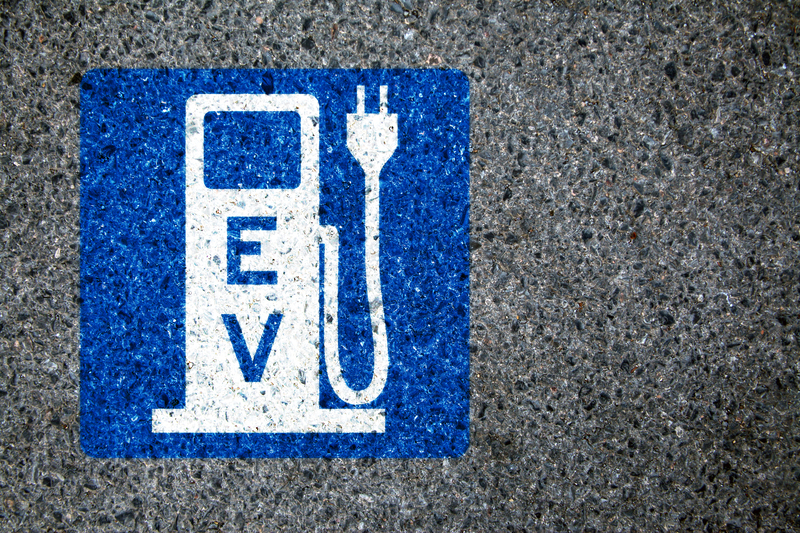In a bold move aimed at reducing carbon emissions, Governor Phil Murphy has mandated the phasing out of new gasoline-powered vehicles by 2035. While the objective of this initiative is clear – to transition towards a more sustainable, eco-friendly mode of transportation – many feel it’s a leap made too hastily.
This mandate has left a significant portion of New Jersey’s populace, long accustomed to gasoline-powered cars, feeling the pressure of a daunting adjustment looming on the horizon.
The transition to electric vehicles (EVs) is a notable shift that demands not only an adaptation in consumer behavior but also significant infrastructural changes. The current EV charging infrastructure in the state is sparse, which poses a major concern for residents. Critics argue that the 2035 timeline doesn’t provide ample time for an adequate expansion of the EV infrastructure, potentially leaving many stranded with inadequate charging options.
Moreover, the economic implications of this transition cannot be overlooked. The upfront cost of EVs remains higher than traditional gasoline vehicles, even though the total cost of ownership may be lower in the long run.
This financial hurdle could deter many residents, especially those in lower income brackets, from complying with the new mandate. The sudden shift could also potentially affect the resale value of existing gasoline vehicles adversely, creating a financial strain on current owners.
Furthermore, critics point out that the auto industry might face challenges in ramping up the production of electric vehicles to meet the sudden surge in demand.
The global supply chain for EV components, which is already strained, could face additional pressures, potentially delaying the availability of electric vehicles in the state. The fear is that the mandate, while noble in its intent, may have overlooked the practical realities and the readiness of the market to absorb such a drastic change in such a tight timeframe.
While combating climate change is an imperative that cannot be sidelined, the consensus among critics is that a more gradual approach might have been more pragmatic. The abruptness of Governor Murphy’s 2035 mandate reflects a high-ambition climate policy, but the road to 2035 appears to be laden with practical challenges that demand a well-thought-out strategy to ensure a smooth transition for all stakeholders involved.

